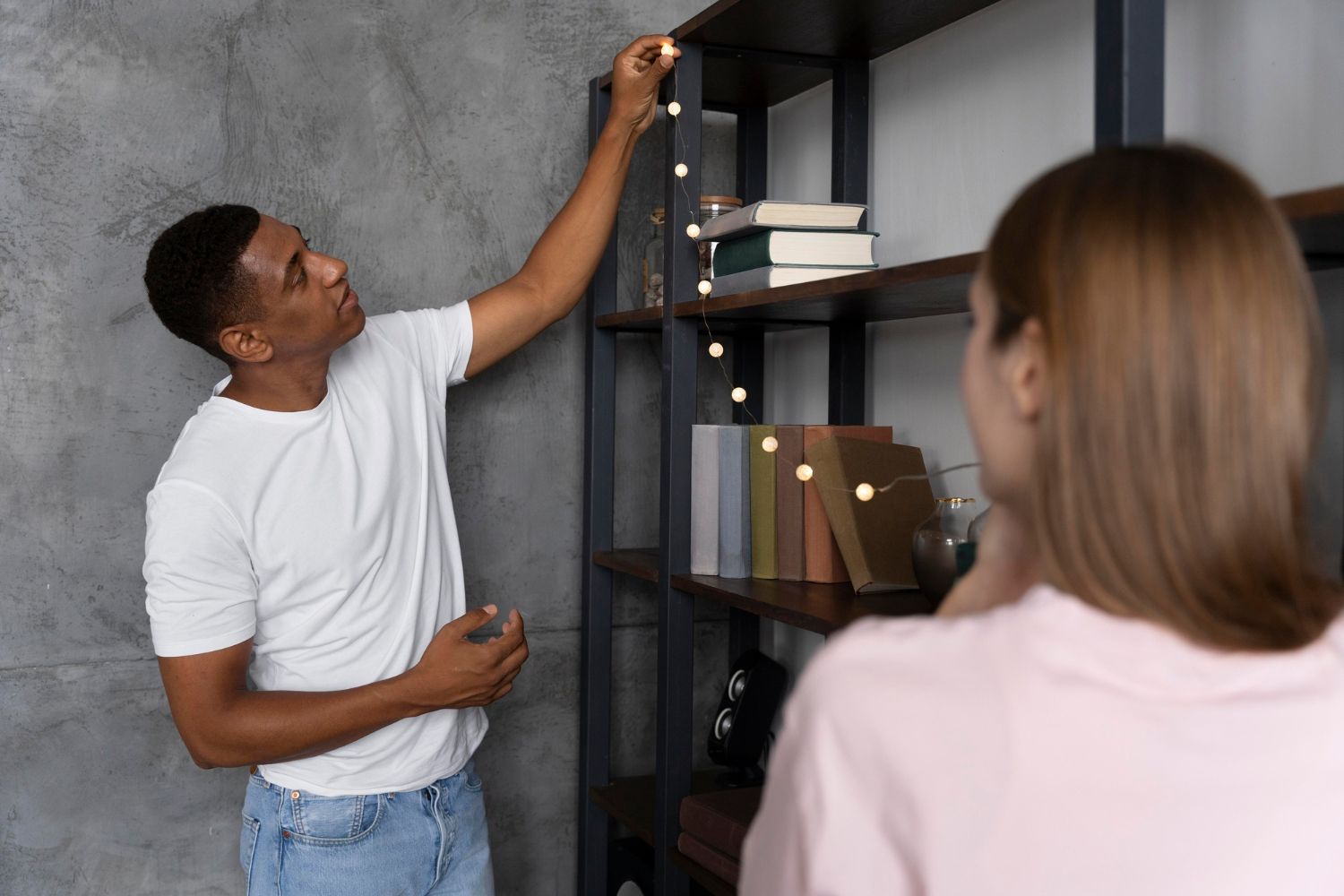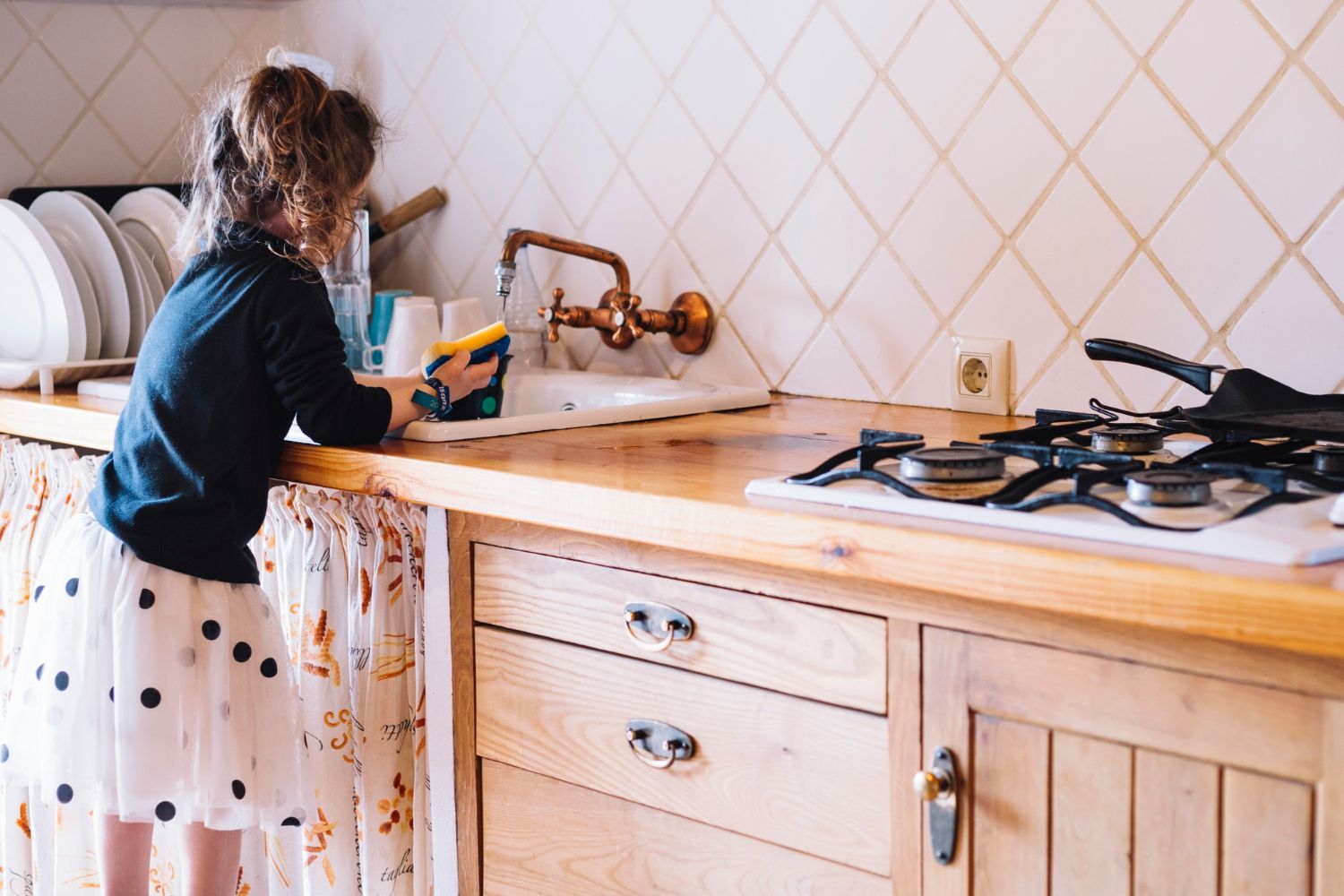News Update : In Rainy Washington State, Weak Laws Squash Tenants' Rights To Mold Remediation

State laws regarding tenants' rights against mold and other significant environmental factors during the rainy season vary from state to state. Some state has stringent laws and codes that the landlord needs to follow where as some state laws are not so refined. Washington is one such state where weak laws hinder the livability of a tenant under legal contracts. A tenant relates his whole experience while living in a mold-infested apartment in West Seattle for the same disturbed living.
The apartment was situated in a converted mid-century brick structure that had a cracked concrete exterior wall that trapped moisture, leading to mold growth. Despite reporting the issue to the landlords, the tenant faced six months of inaction and inadequate repairs. This is a prime example of disparities in mold laws across states.
The same problem would have been adequately resolved in New York and California since the landlord would be required to address the mold problem and the issue creating this problem. Whereas, Washington's landlord-tenant law only requires landlords to maintain reasonably good repair and does not explicitly address mold. The mandatory mold addendum in Washington merely provides information about the health hazards of mold exposure but does not grant tenants any rights or remedies.
As per health regulations, indoor mold can be a serious threat to health leading to respiratory issues and organ dysfunction. Mold starts as a harmful pore that can be easily cleaned away but when combined with indoor and between-the-wall moisture, it becomes a big menace. Therefore, proper insulation from rainwater and further immediate recognition of mold and rectification is required to not have a long-lasting issue.
In the state of Washington, tenants facing the issue of mold have limited legal options. Withholding rent is not a viable solution, as it can lead to eviction. While landlords have remedies for quick tenant removal, tenants struggle to get timely repairs when landlords refuse. Washington's landlord-tenant law and eviction moratorium policies are highly in favor of property owners over tenants when mold is the issue of contention.
Approximately 70% of homes in the USA are mold infested, especially behind the interior walls. This greatly affects low-income housing projects becoming a high risk of medical problems. This is a form of environmental bias that hinders the growth of these communities. This can be another reason for the high asthma rate in the native and African American population of the country. However, if you are a property owner looking for mold removal or protection,
TOV Restoration offers excellent and low-cost solutions.
It is therefore suggested that it is about time that Washington lawmakers address the issue of mold infestation in the tenant-landlord agreement laws following the example of New York and California. These progressive states have the foresight to look at mold as a health risk and putting the burden on the property owner than the tenant. Therefore, public pressure coupled with lobbying is the only way to force the Washington legislature to take this problem seriously as it causes toxic and unsafe housing where tenants get stuck for long periods of time.



